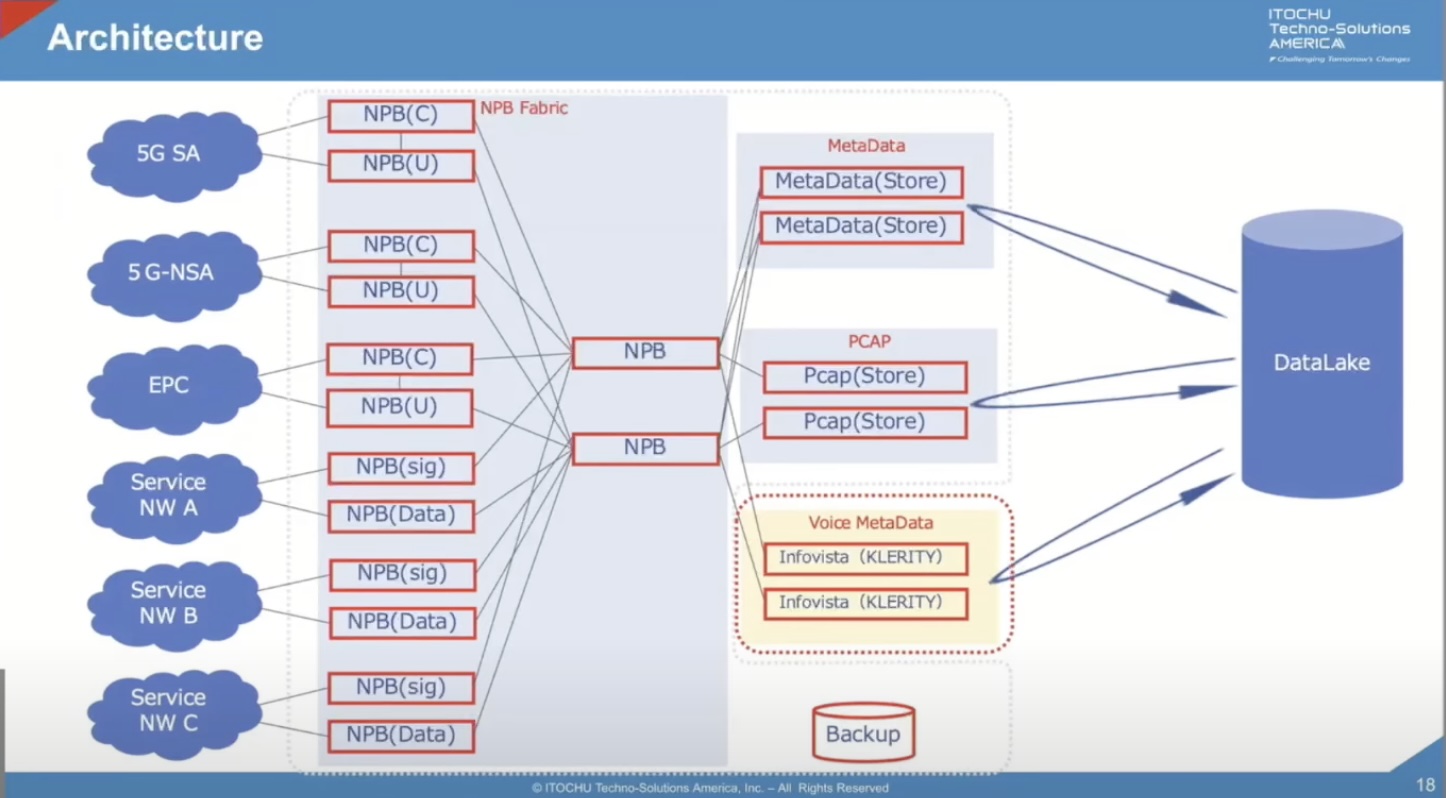Aviz Networks, the California-based AI networking company, has made entry into the Japanese telecommunications market, offering an open networking solution that is tailored mindfully to the national networking infrastructure and regulatory demands.
The Fuss over Quality
Companies may be waking up to the competitive potential of quality products just now, but the obsession for quality originated in ancient Japan. Japan’s rigorous code of quality is well-known worldwide. It is the force behind the precision and perfection of its goods. Woven into the Japanese culture, nowhere does the value manifest more clearly than in the country’s organizations.
But now a crisis is brewing in the Japanese telecom industry because of it. As a rule, Japanese telco companies are required to provide round-the-clock high-quality connectivity to customers. Any outage, if its non-emergency and lasts upwards of an hour impacting more than 1M users, require regulatory reporting.
To be fair, having a consistently performant network saves companies and customers a multitude of expense, and unnecessary grief down the road. But there are significant challenges to delivering it.
“As 5G SA (standalone) and NSA (non-standalone) grow and probably 6G coming soon, the network is getting larger and larger and even more complicated…The impact range is expanding when an outage occurs making network operations more challenging,” noted Atsuhiro Aiyama, director of Itochu Techno-Solutions America Inc., a Japanese technology reseller that helps Aviz Networks distribute its AI networking technology in the Japanese market.
The companies struck up an alliance to make Aviz Networks solution’s unique advantages available to the Japanese telecom sector.
But penetrating the Japanese market is no small ambition. Despite being an established brand on home soil, Aviz faced substantial hurdles entering Japan. It took understanding the high standards of Japanese patrons, and assembling a product that fully meets the ask.
Preventing Issues with Proactive Networking
In partnership with Itochu Techno-Solutions, Aviz Networks ran a proof of concept (PoC) that lasted one year. The payoffs justified the effor – in the end, the quality of the solution was markedly elevated, while costs had shrunken significantly, Aiyama told.
“We were able to not only improve the performance and the quality of the network, we were also able to tremendously reduce cost, both initially and the operational cost, compared with other traditional OPB (Open Packet Broker) kind of products,” he said.
Aviz’s solution constituted some core technologies on its portfolio, namely, the Aviz Networks Open Networking Enterprise Suite (ONES), the Open Packet Broker and Aviz Service Nodes for observability, and the Network Copilot for the coveted AI experience.
“We need more raw data observability to optimize the network performance, and especially improve the quality of the experience to subscribers,” Aiyama pointed out.

Aiming those, Aviz put together the most wholistic solution it could design. “We are building the whole packet monitoring fabric and then putting service nodes on top of it. We’re bringing an end-to-end solution,” said Chid Perumal, CTO, while narrating the success story at the Networking Field Day event.
Open-source by design, ONES allows deployment of multi-vendor SONiC while being compatible with multiple NOSs. It unlocks proactive monitoring and management and streamlined orchestration of network operations.
The Service Nodes, powered by AI, add capabilities like packet processing and high-speed data insights, offering the deepest visibility of the environment.
Lastly, the Aviz Network Copilot, a conversational interface, enables a range of operational tasks like upgrade checks, configuration, capacity planning, troubleshooting and auditing, while facilitating decision-making for operators with real-time insights and intelligence.
“Quality is one of the key requirements for Japan, and we have passed that biggest hurdle which makes us comfortable, and now we can get into any other telcos. The requirement remains the same except for small changes. The overall capability or the features they’re looking for is already there, and it can be easily replicated beyond Japan,” Perumal said.
As advanced technologies like 5G and 6G enter the market turning networks more complex and unmanageable, centralized orchestration and management will play a critical role in stripping away operational inefficiencies. And solutions embedded with GenAI will find the widest use because of their capabilities to lighten the burden.
For more, be sure to check out Aviz Networks’ presentations from the Networking Field Day event at on the Tech Field Day website.

